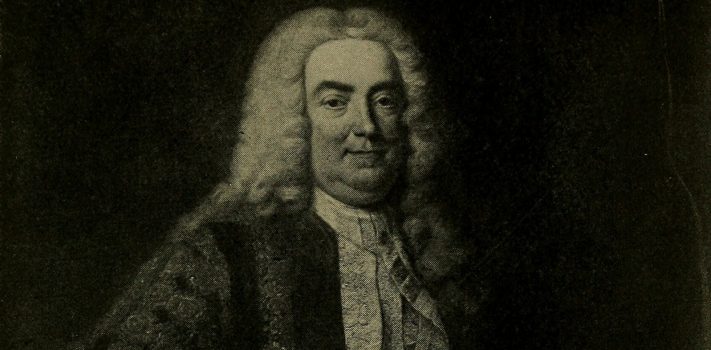“When then, my Lords, are all the generous efforts of our ancestors, are all those glorious contentions, by which they meant to secure themselves, and to transmit to their posterity, a known law, a certain rule of living, reduced to this conclusion, that instead of the arbitrary power of a King, we must submit to the arbitrary power of a House of Commons? If this be true, what benefit do we derive from the exchange? Tyranny, my Lords, is detestable in every shape; but in none is it so formidable as where it is assumed and exercised by a number of tyrants. But, my Lords, this is not the fact, this is not the constitution; we have a law of Parliament, we have a code in which every honest man may find it. We have Magna Charta, we have the Statute-book, and we have the Bill of Rights…It is to your ancestors, my Lords, it is to the English barons that we are indebted for the laws and constitution we possess. Their virtues were rude and uncultivated, but they were great and sincere…I think that history has not done justice to their conduct, when they obtained from their Sovereign that great acknowledgment of national rights contained in Magna Charta: they did not confine it to themselves alone, but delivered it as a common blessing to the whole people…A breach has been made in the constitution—the battlements are dismantled—the citadel is open to the first invader—the walls totter—the place is no longer tenable.—What then remains for us but to stand foremost in the breach, to repair it, or to perish in it?…let us consider which we ought to respect most—the representative or the collective body of the people. My Lords, five hundred gentlemen are not ten millions; and, if we must have a contention, let us take care to have the English nation on our side. If this question be given up, the freeholders of England are reduced to a condition baser than the peasantry of Poland…Unlimited power is apt to corrupt the minds of those who possess it; and this I know, my Lords, that where law ends, there tyranny begins.” – William Pitt (Elder) Speech in the House of Lords on John Wilkes (9 January 1770), quoted in William Pitt, The Speeches of the Right Honourable the Earl of Chatham in the Houses of Lords and Commons (London: Aylott & Jones, 1848), pp. 90-4.
- Ad Ready Made Resources Anytone Termn-8RCall us if you have Questions 800-627-3809
- Ad Seed for SecurityOur Colossal Survival Pack is now on sale for 25% off. This pack contains over 5 pounds of non-GMO, open-pollinated seeds packed for long term storage.











More proof, if you need any, that we do the same stupid things over and over again and seldom learn from our past behaviors. I have been praying for wisdom in how to respond to the tyranny already imposed by my federal and state governments. Mr. Pitt shows our options.